They Just Want to Go Home
Sudan’s crisis has hit a new milestone per data from UNOCHA; more than one-fifth of Sudan are internally displaced. This week the UN revealed that 11.1 million people are displaced inside Sudan while more than 7 million are still displaced outside.
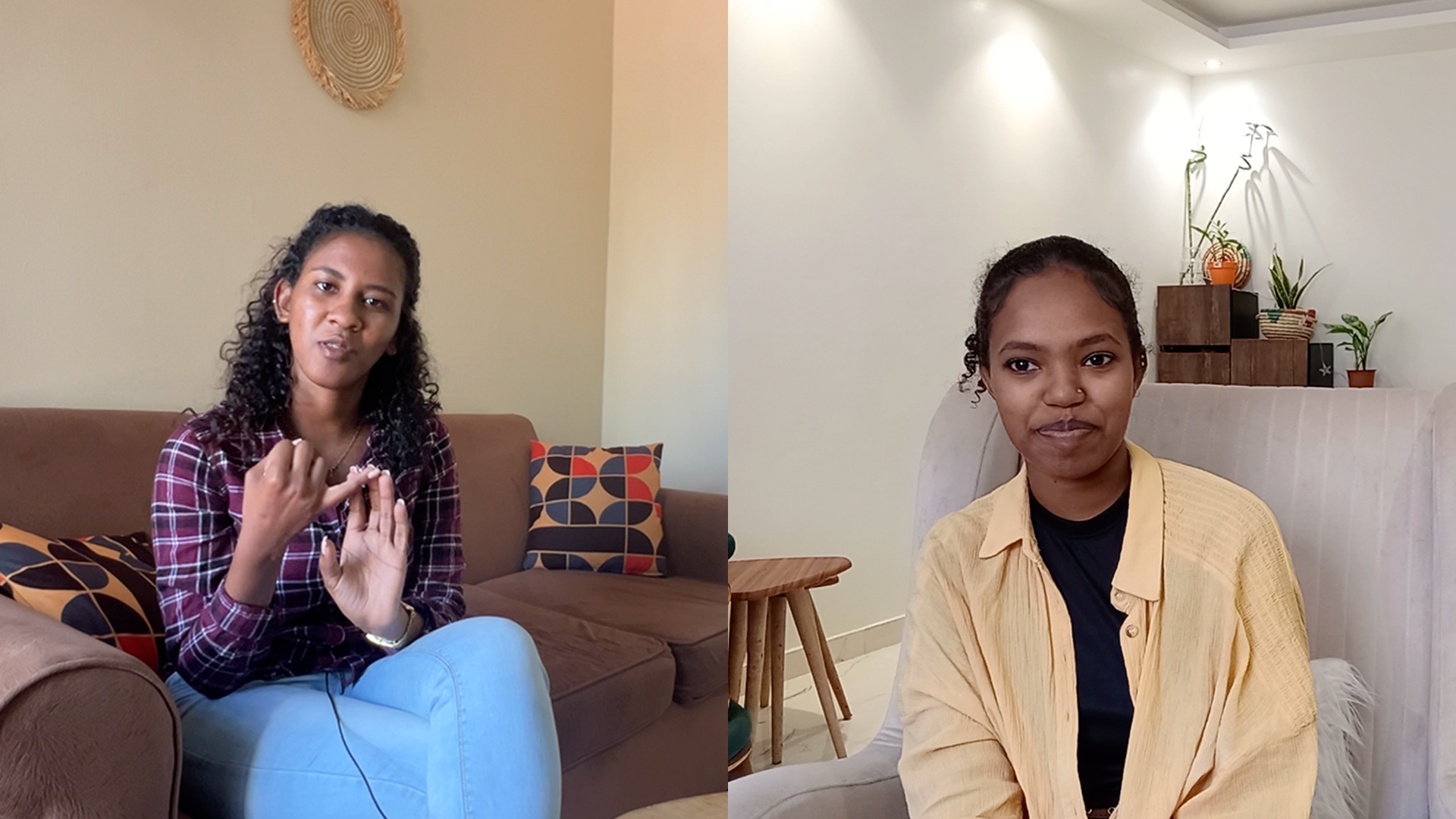
reporting by Azzam Abdalgalel and Ibrahim Alhaj
assembled by Brian Conley, with assistance from the Alive-in/ editorial team
This story is part of a partnership between Alive-in/ and DT-Institute to support Sudanese journalists inside and outside Sudan. DT Institute is both a funder and an implementer of peace and development projects. More stories can be read in Arabic on the Alive-in/Sudan Facebook page.
Alive-in is a not-for-profit media agency that mentors journalists from underrepresented communities to increase local and national understanding.
If you are able to support our work financially, please click the button below.
CAIRO, NAIROBI–The conflict in Sudan has now made it the worst internal displacement crisis in the world. In an attempt to help others understand the challenges displaced Sudanese faced, Alive in Sudan spoke with two young women displaced by the war, first internally, before they were forced to leave Sudan. Their stories provide just a small sense of the chaos that gripped Sudan and that millions of Sudanese still experience every day.
Before the war, Inaam Al-Tayib lived a quiet, typical life on Freedom Street in Khartoum with her parents, four sisters, and one brother. After April 15th 2023, everything changed.
She told Alive in Sudan, “We were preparing for Eid, scheduling a carpenter to come fix our sitting set on the morning the war broke out. We never expected the war to ignite, but Sudan had accustomed us to surprises. My sister went to university on a Saturday morning, and suddenly clashes erupted on Airport Street, near their university. Rapid Support Forces entered the university firing bullets. Luckily, she managed to escape with her friend to their home.”
Eventually Inaam and one of her sisters would flee Sudan, ending up in Nairobi. Inaam described how in the first days of the war violent clashes erupted in her neighborhood and grew more intense with each passing minute. “Electricity and water were cut off from the first moment. We waited at home for the first three days, then as the sense of danger escalated, we decided to leave on the fifth day.”
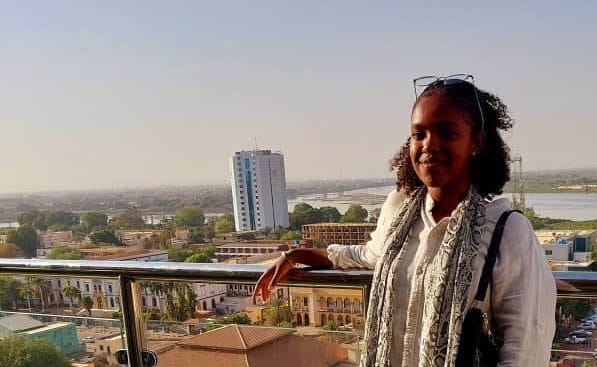
Elsewhere in Khartoum, the situation was initially calm. According to Imaadh Mufid, before the war she attended lectures at the University of Sudan starting at seven o’clock. Once the fighting began, classes were canceled and Imaadh spent most of her time at home.“At the beginning, the situation was normal; there was nothing in Al Kalakla. People used to say that the war hadn't reached us yet.”
Once the war broke out, the women’s stories diverged, based on the severity of conflict in their areas. Although Imaadh’s family remained for months, after just five days Inaam’s family decided to flee. There was a two-hour ceasefire declared on the fifth day, so they seized that moment to leave Khartoum.“We waited for over an hour to find a means of transportation. Many people passed by carrying their belongings and walking on foot. Several people stopped for us at multiple stops until we managed to reach our destination. We avoided the main streets due to the presence of Rapid Support Forces.”
Although she had no idea when she might return, Inaam took only her most essential belongings. Although they had only a half tank of gas, there was no more to be found, so they left with what they had.
“We received strict orders from my brother and father not to look at or speak to members of the Rapid Support Forces. We reached the first checkpoint, where they reassured us sternly not to be afraid.”
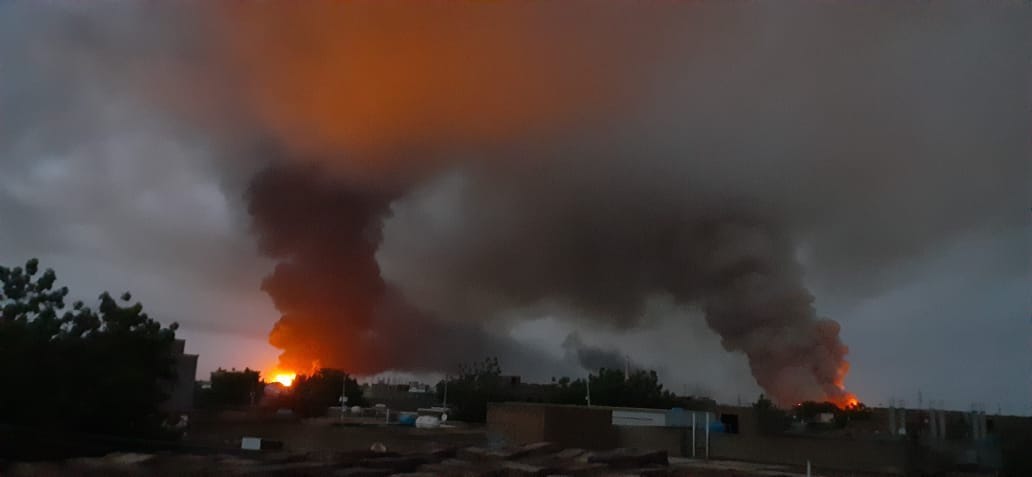
“We passed through the streets of Khartoum before leaving. The streets were destroyed, with many burnt cars and tanks. The car ran out of fuel completely, amidst a massive exodus of cars. We waited for over six hours to find fuel at the [black market] price.”
Eventually, Inaam and her family made it to Al-Hasahisa, where her grandmother lived. There were checkpoints everywhere and a mass exodus of people that clogged the roads. Although Al-Hasahisa is just eighty kilometers from Khartoum, it took them more than 12 hours to complete their journey.
Back in Khartoum, although violence remained low, other challenges faced Imaad and her family. Imaadh told Alive in Sudan, “The first month was extremely normal, nothing serious happened. But later on, the markets started to diminish; there were no medications, no functioning health centers, and that was the most significant impact.”
As the days and weeks of the war passed, both women became increasingly afraid for their safety. Although both activists who participated in the work of Sudan’s Local Resistance Committees, after the war began their lives were severely curtailed. After participating actively in the revolution against Omar Al-Bashir, women all across Sudan saw their lives heading backward after the coup in October 2021.
Initially Imaadh’s family were all opposed to fleeing. They had not yet faced the worst of the war, although it was becoming difficult to make ends meet, they felt better off than those from other neighborhoods where fighting raged. But eventually they found that they were the only family left in their neighborhood.
By this time Imaadh was helping to run a health center in the neighborhood, “When we returned from the center, we found that the people in the house had made the decision and said, ‘We're leaving tomorrow.’"“We were the only ones left in the neighborhood, and there were incidents of looting and people entering the neighborhood with machetes."
Imaadh and her family left Khartoum for Wad Madani, like many of those who’d fled Khartoum earlier in the war.
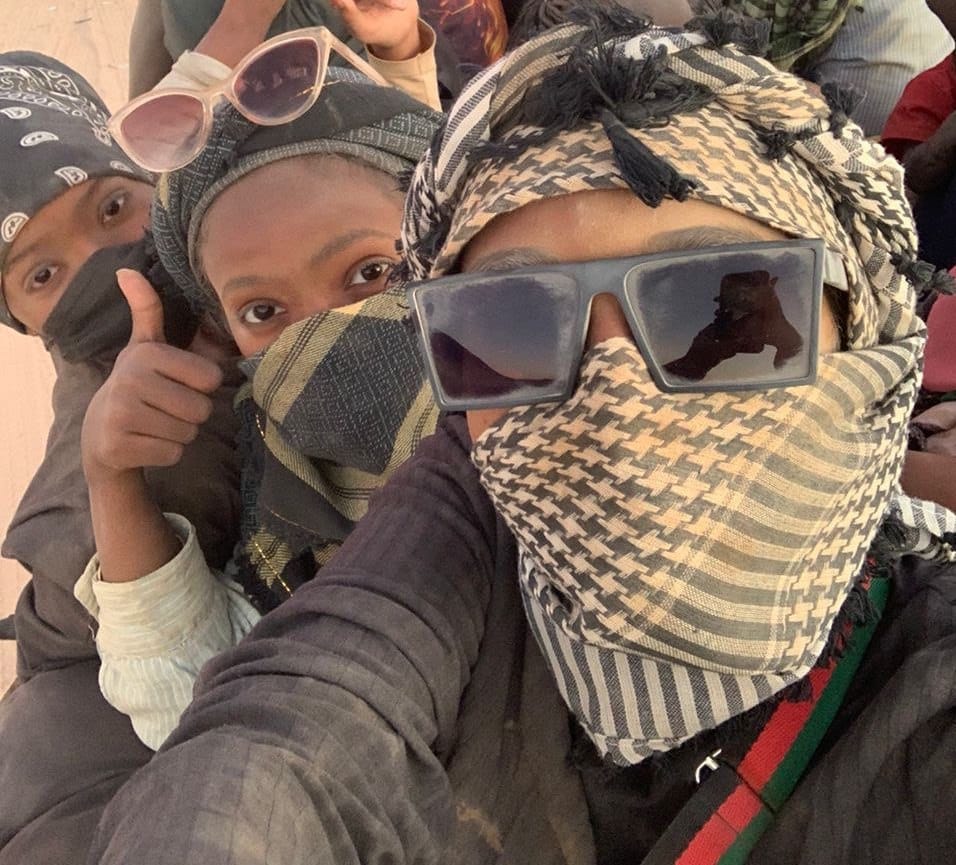
“The journey from Khartoum was difficult. There were many checkpoints, especially in Al Kalakla, where there was barely any support. So, there were many checkpoints and thorough inspections. The entry into Medani had the same military checkpoints, but there weren't many issues.”
Initially upon reaching Medani Imaadh felt safe, even comfortable. “But then diseases started appearing; there was a lot of malaria, then typhoid, and even dengue fever. Dengue fever was particularly severe. I was bedridden for 15 days.”
After her entire family became sick, they decided to move on from Medani to Kassala in the east of Sudan, near the border with Eritrea. Imaadh felt safer there, but as the conflict spread to Medani, she became concerned it would eventually reach Kassala as well.“My friends in Medani were talking about how tough the situation was and how Medani had become unsafe. So, the possibility of war reaching Kassala became significant–if it reached the whole of Sudan, there would be no escape.”
Eventually Imaadh decided to travel with some other family from Kassala to Port Sudan, hoping to obtain a visa to leave Sudan for Egypt. Her application was denied so she went back to Kassala before looking for another way to reach Egypt. Eventually Imaadh decided to travel illegally to Egypt, after a long and circuitous route, eventually reaching Aswan.
Imaadh is now safe in Cairo, for the time being, but she wishes desperately to return home.
“My aunts stayed in Kassala, and this made a big difference for me. I want to go back. Even if we don't return to the same house, I want us to gather again in one place, wherever it may be.”
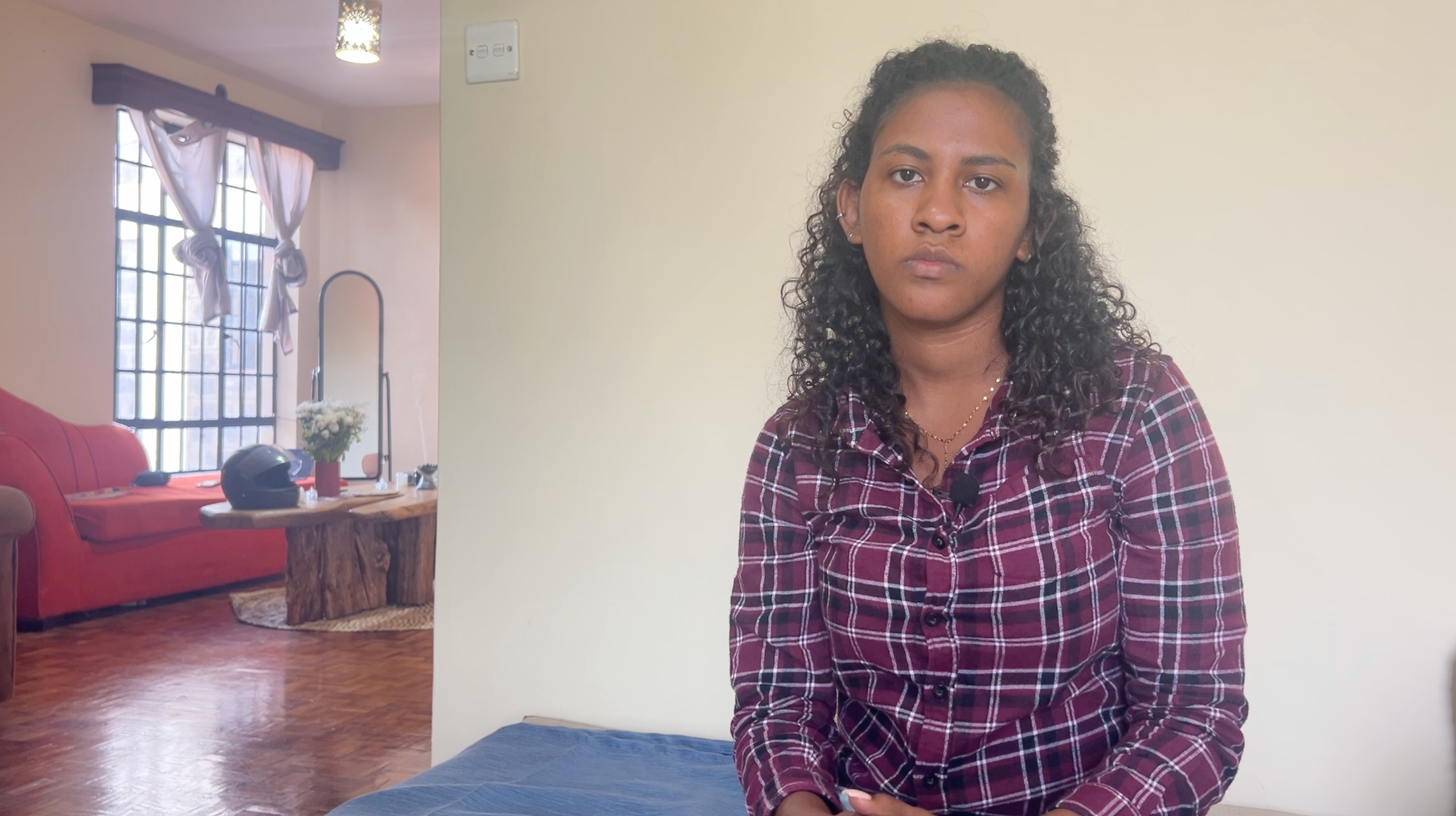
While Imaadh was still trying to find a way out, Inaam eventually made it to Kenya. In Nairobi Inaam has attempted to build a new life from scratch, having left all her possessions behind. Inaam is currently settled in Nairobi with one sister, while the rest of her family is now in Saudi Arabia.
Asked what else she might wish to share with the public Inaam said only, “My message to the youth is to care for future generations and not allow these things to happen in the future. We do not abandon our revolution, our protests, and our slogans.”
